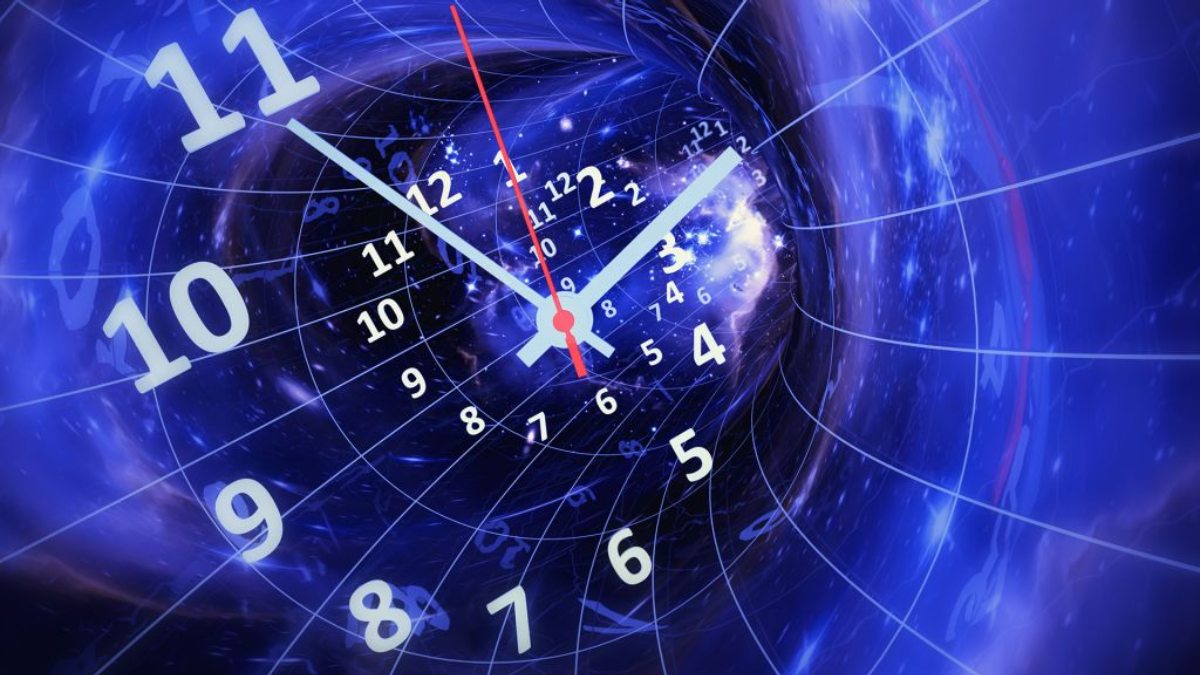A recent study conducted by geophysicist Duncan Agnew at the Scripps Institution of Oceanography, University of California, San Diego, has revealed that Earth’s shifting spin is posing a unique challenge to our sense of time, clocks, and our computerized society. Although the change only amounts to a second, experts emphasize its significance in marking an unusual period in Earth’s history.
The acceleration of Earth’s rotation, caused by the unpredictable dynamics of its hot liquid core, has been underway for approximately 50 years. However, the rapid melting of ice at both poles since 1990 has obscured this effect. As explained by Agnew, the melting ice redistributes Earth’s mass from the poles to its bulging center, akin to a spinning ice skater slowing down when extending their arms. This mass redistribution slows the planet’s rotation, effectively delaying the anticipated “negative leap second” by about three years.
Retired director of time for the U.S. Naval Observatory, Dennis McCarthy, who was not involved in the study, stated, “We are headed toward a negative leap second. It’s a matter of when.” Agnew’s calculations suggest that without the mitigating effect of melting ice, Earth would have required the additional second as early as 2026, rather than the projected 2029.
While the impending change in Earth’s rotation may not lead to catastrophic events, experts emphasize its symbolic importance, signaling the unusual times we are living in.






